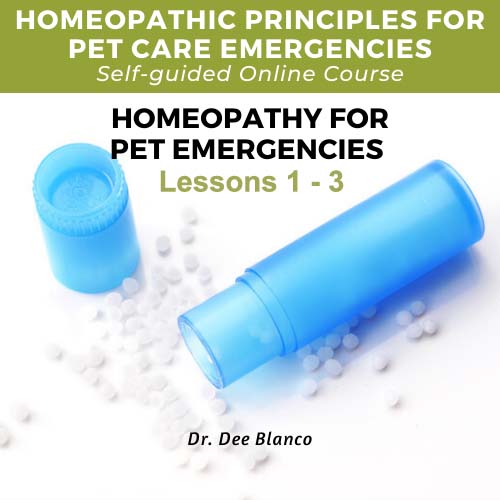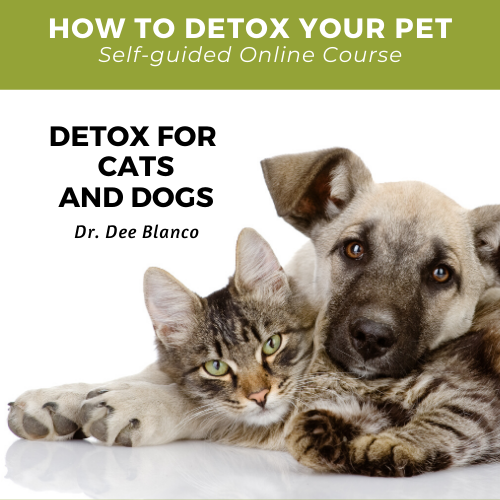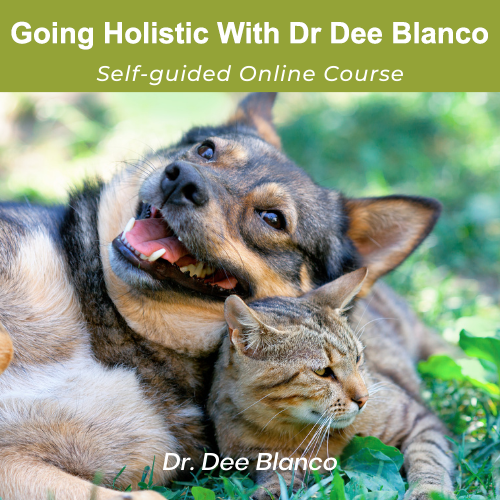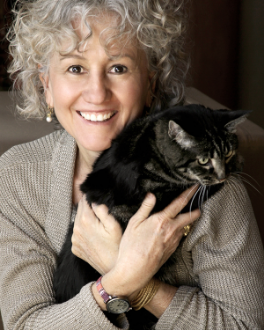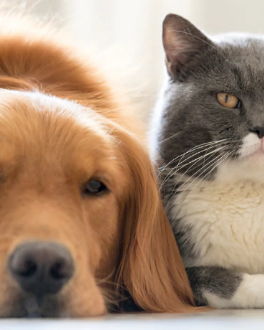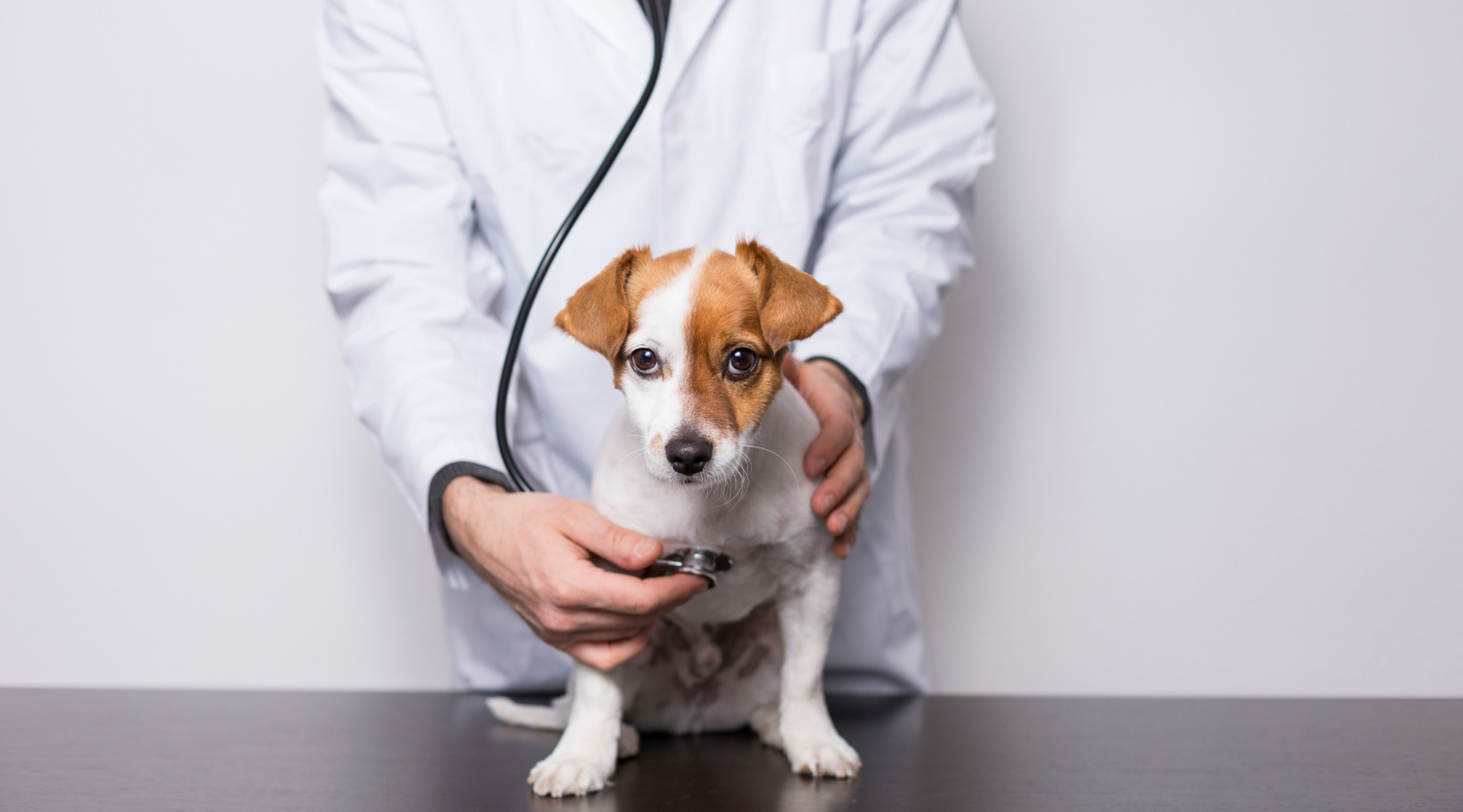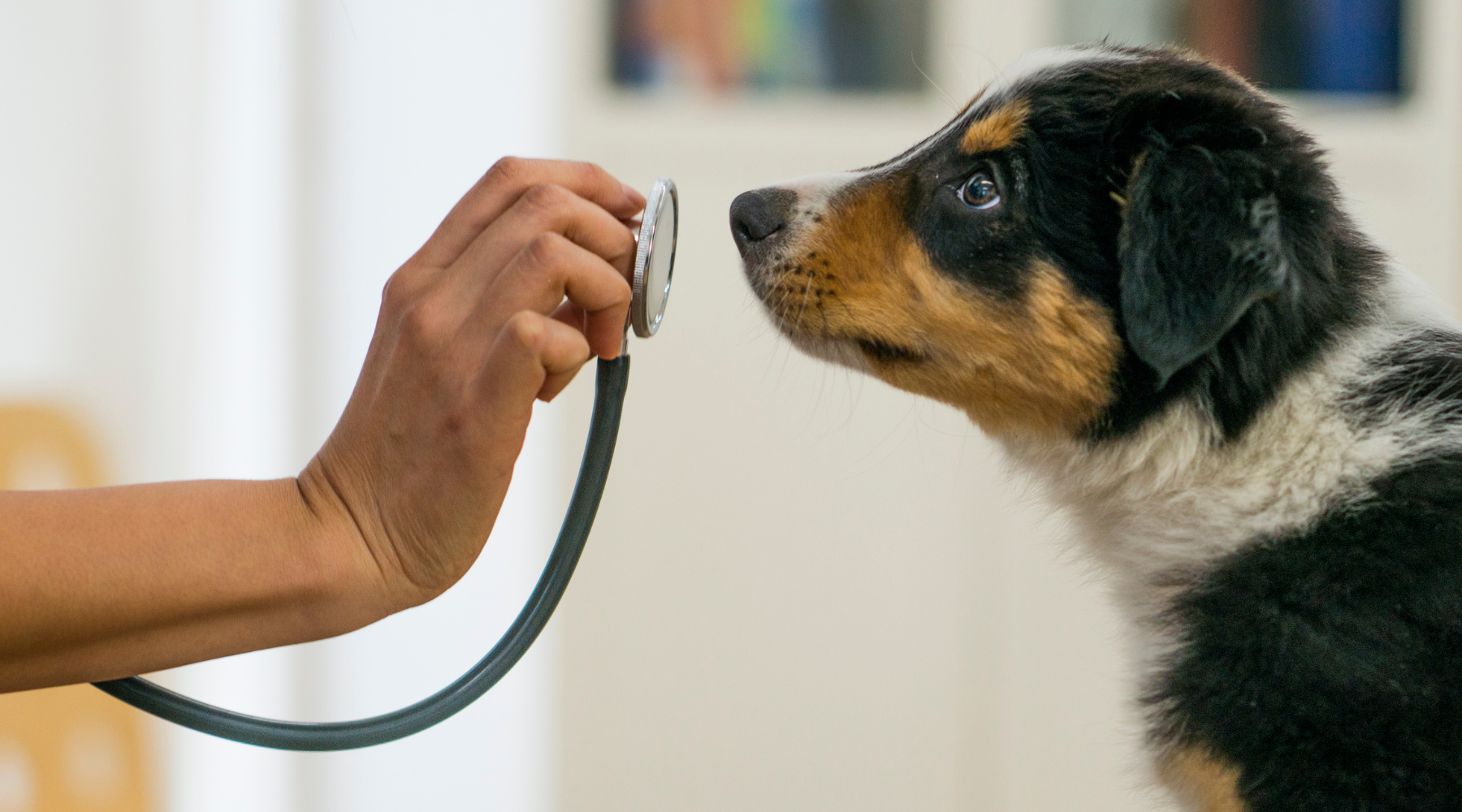There’s so much I could say about all the allopathic medications and pesticides that are routinely recommended by conventional vets that I had to compose a Part 2. And please, I’m not saying that your vet who recommends these things doesn’t care about you or your animal - in fact, it’s likely the opposite. What I am saying is that the self -correcting systems in the body have ways to protect and heal the body. Optimizing that innate intelligence is a big part of holistic and natural medicine techniques, which is the focus of The Heretical Vet blog.
There are many ways allopathy shines brightly to help our animals in times of trouble. You already know these. But when it comes to preventative care, there’s no safer option than holistic/natural medicines.
If I had to continue my list of things that your animals maybe — just possibly — might NOT need here in Part 2, they’re as follows:
-
the overuse of antibiotics
-
the constant supply of NSAIDS (non-steroidal anti-inflammatories)
-
the free flow of steroids
-
the yearly recommendation for dental work
-
and the endless array of vaccinations (to be continued in Part 3)
Again, let’s assume your vet is a deeply caring person who isn’t just trying to use your your bill to pay their mortgage, and that they’re only recommending what they feel is best for your animal. But I’m sure you’ve heard the expression: if you only have a hammer, then everything looks like a nail. Conventional medicine is proud of their ‘modern’ medicine silo; but along with that comes an almost complete black-out of natural medicines. And to be fair, some of those attitudes are changing and vitamins are sometimes recommended. Sometimes.
Allopathic medicine was born with the start of the Pharma industry; and it continues to this day. So if vets are trained in allopathy, then other than surgeries and diagnostics, most treatments and all preventatives are Pharma-based products. Vet schools are supported and based on Pharma ‘principals’, which means treatments are Pharma products. For some reason many people looking for other options get frustrated when they realize their vet recommends all sorts of chemicals and drugs they don’t like. Why would we expect anything different? The vets are trained in that kind of medicine, and therefore recommend that medicine!
There is no such thing as Option B, such as naturopathic school, for veterinary training. Any additional schooling in say herbology, homeopathy, functional medicine, Chinese medicine, etc., must be undertaken after the four required years of vet school. And just as it was during the inception of allopathy, the friction (and battles) between allopathy and natural and energy-medicine practitioners continues.
So if you go to a herbalist, expect herbs. If you go to a homeopath, expect homeopathic remedies. If you go to an acupuncturist, expect to get poked. If you go to an allopath, expect Pharma chemicals and don’t be shocked when your vet ‘recommends all this stuff’ your pet may not need. It’s guaranteed that the smorgasbord of ‘stuff’ will be offered.
MORE ON VACCINATIONS…
I discussed the issue of too many vaccinations in Part 1 of these blogs. But let’s delve a little deeper into what conventional medicine’s standard of care is for prevention of disease: the vaccination.
Let’s first talk about the ‘core’ vaccinations as they’re called. These are the vaccines which protect against early age (puppy and kitten) infectious diseases such as parvo, distemper, and hepatitis for dogs, and panleukopenia for cats. The other vaccinations — such as bordatella (kennel cough), Lyme, leptospirosis, rattlesnake, and influenza — are NOT mandated like the core vaccinations, but are called ‘non-core’ and optional. Their effectiveness is also ambiguous.
If you take away one thing from this section on vaccinations please understand that core and non-core vaccinations are NOT mandatory. Only rabies is mandatory, and that’s because it’s considered a public health risk to humans.
So if you receive the little card or get an email notification that your beloved pet is due for their yearly (or biyearly) vaccines, remember: there’s no legal mandate except for rabies. After reading this blog, or studying with me, you’ll be able to more confidently forgo all but the rabies vaccine. And though typically not acknowledged by the conventional mindset, this will ultimately will save your pet from serious adverse effects.Coming Soon: more on vaccines.
ANTIBIOTICS
Almost everybody is hesitant now to use antibiotics on themselves for fear of creating resistant bacteria. Unfortunately, to my mind anyway, this idea hasn’t percolated down enough to the veterinary profession. As I mentioned earlier, allopathic medicine has limited options. There are many types of antibiotics; but still, they’re antibiotics.
Current practice is to increase the duration of antibiotic dosing, with the intention of obliterating the offending microbes. However, these practices also destroy healthy microbes and create yeast infections — both topically in the ears and vagina, and internally in the gut. Research has shown that our bodies contain more microbes than cellular tissue. Long term use of antibiotics can destroy friendly bacteria and disturb the delicate balance of microbes, which is a war we can’t win and expect to be healthy.
There are now so many options in herbal medicine, including fantastic fungi for natural antibiotic support. Homeopathic remedies can also treat infectious disease that would normally require antibiotics.
My Heretical Vet recommendation is: use antibiotics if the situation is of grave concern — if there is a fever, or if the area infected is a vital organ. Use them for a limited time, while you incorporate other natural modalities. For example, do not use them for an abscess that has opened, or a dog bite that is minor and healing. There’re plenty of natural options that work beautifully.
DENTALS
Poor dental health is an enormous issue for our domestic dogs and cats, such that the vet profession now has veterinary dentists with expertise in this field. And thank goodness we have elevated what was, when I graduated so many years ago, a rather simple approach to dental health. Dental X-rays or sophisticated procedures didn’t exist. We’ve come a long way baby; but yearly cleanings for dogs and cats can be a great practice builder and aren’t always necessary.
Non-anesthesia dentistry for simple cleanings can be a great option for many animals if you have access to this service. But, if your animal has extensive tartar, has never had a cleaning or needs extractions, they will first need a full dental evaluation and cleaning before any non-anesthesia cleaning is appropriate.
The plain and simple bottom line for me is this - for animals on a fresh food diet, especially on natural raw foods including appropriate soft (not cooked) bones, dental cleanings often become a thing of the past.
NSAIDS (non-steroidal anti-inflammatories)
The use of NSAIDS in both human and animal medicine have proven to be enormous pain-alleviating support for millions, frequently eliminating the need to use steroids as anti-inflammatory pain relief.
NSAIDS also come with warnings for liver, gastrointestinal and kidney harm. On a short term basis for a few days, if the animal doesn’t have any compromise in those organs (determined by lab work) they are certainly the drugs of choice. But for long-term use, say for chronic arthritis, care must be taken. All drugs come with potential for harm and chronic use of any drug comes with potential for more harm.
Using herbals such curcumin, boswellia, yucca and many, many others can substitute for joint support. Homeopathic remedies specific for various conditions can always be used for inflammation and pain after an acute or chronic condition. There are countless natural products that can safely be added to the current use of pain meds. After natural products have been used for a week or more, the allopathic drugs can usually be eliminated slowly. If you have the option of using a holistic practice- like chiropractic, laser therapy, acupuncture/pressure - the results can be stellar.
The take away…
As you can see, if you are choosing to ‘raise’ your animal family with natural rearing concepts, there are endless other options available. Know that you have resources even if you do not have a holistic vet in your area!
I hope reading this blog has helped your confidence and knowledge base.
And because the vaccine topic is so large I wanted to spend more time on it, so please stay tuned for more coming soon!
